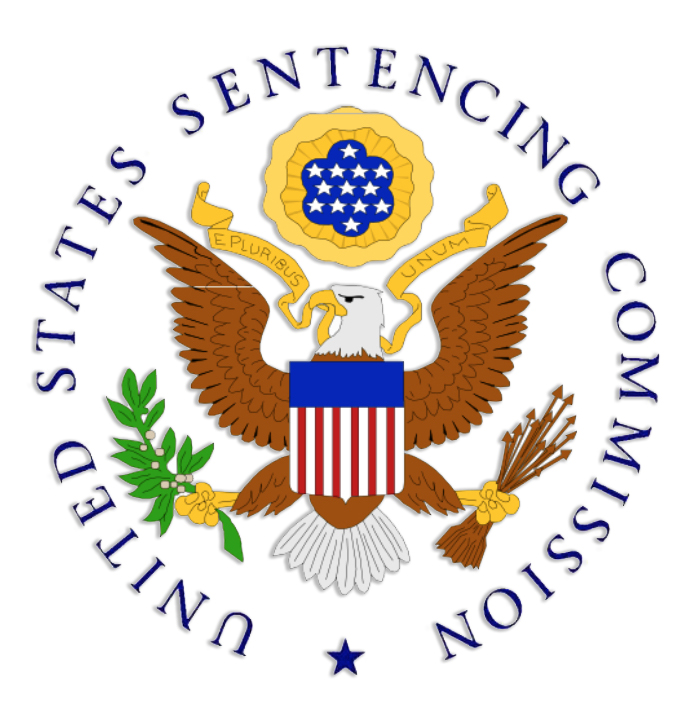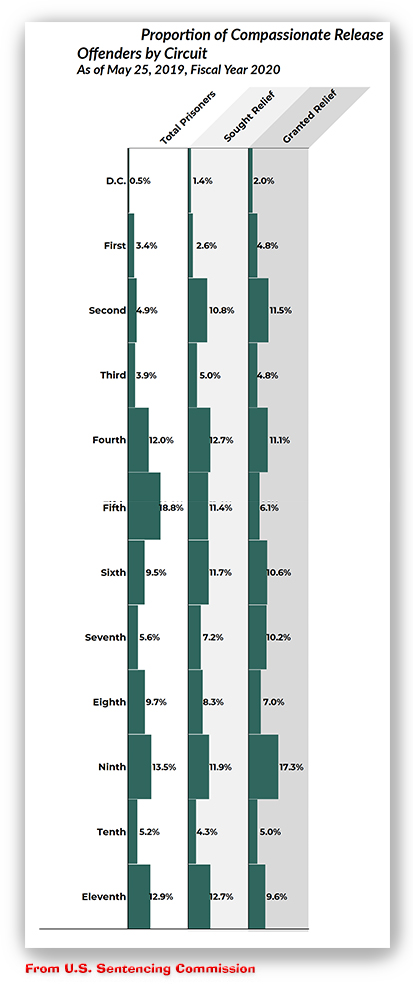We post news and comment on federal criminal justice issues, focused primarily on trial and post-conviction matters, legislative initiatives, and sentencing issues.

A COUPLE OF SCOTUS RELISTS COME UP TODAY
 Last week, I reported that the Supreme Court would again take up McClinton v. United States – a case on using acquitted conduct at sentencing – at last Friday’s conference. We won’t know the conference’s outcome until today at 9:30 am EST, but last week, SCOTUSblog.com had an interesting spin on the repeated McClinton relistings.
Last week, I reported that the Supreme Court would again take up McClinton v. United States – a case on using acquitted conduct at sentencing – at last Friday’s conference. We won’t know the conference’s outcome until today at 9:30 am EST, but last week, SCOTUSblog.com had an interesting spin on the repeated McClinton relistings.
John Elwood, one of Dayonta McClinton’s lawyers and a regular SCOTUSblog contributor, wrote that McClinton and four other cases raising the same issue “are just sitting there on the court’s docket… [A]s near as we can tell, the court appears to be holding those cases to see whether the US Sentencing Commission acts on a pending proposal to place restrictions on federal courts’ consideration of acquitted conduct at sentencing.”
How come? It seems the Solicitor General wrote to the Court in January, alerting it to the Commission’s acquitted conduct proposal and implying that the Guidelines change would solve the problem, making the grant of McClinton’s constitutional challenge to acquitted conduct superfluous.
 Dayonta McClinton has argued that the USSC proposal is “woefully inadequate to resolve the issue, but it still may explain the court’s inaction,” Elwood wrote. “Things may become clearer down the road.”
Dayonta McClinton has argued that the USSC proposal is “woefully inadequate to resolve the issue, but it still may explain the court’s inaction,” Elwood wrote. “Things may become clearer down the road.”
Another new relist, Davis v. United States, raises a fascinating 28 USC § 2255 question: Quartavious Davis got 159 years for a string of armed Hobbs Act robberies. His two co-defendants signed plea deals and got about a tenth of that time. Quart argues his attorney was ineffective by not negotiating the same kind of plea agreement with the government. His district court denied the post-conviction petition, holding that Quart could not prove that he would have gotten a plea deal if his lawyer had advocated for one.
Quart contends it should be enough to show that similarly-situated co-defendants got plea deals, which – he argues – suggests there is no reason the government would not have given him the same benefit. The 11th Circuit disagreed, holding that he could not show prejudice absent making some showing that the government had offered him a plea deal.
 The petition raises the Catch-22 that informs a lot of § 2255 post-conviction arguments. Under the case that shaped modern federal habeas corpus claims directed at the constitutionality of federal convictions and sentences – Strickland v. Washington – in order to make a prima facie showing that a movant is entitled to a hearing, the prisoner has to show his or her lawyer goofed, and that but for the goof, there is a reasonable probability that the goof affected the outcome.
The petition raises the Catch-22 that informs a lot of § 2255 post-conviction arguments. Under the case that shaped modern federal habeas corpus claims directed at the constitutionality of federal convictions and sentences – Strickland v. Washington – in order to make a prima facie showing that a movant is entitled to a hearing, the prisoner has to show his or her lawyer goofed, and that but for the goof, there is a reasonable probability that the goof affected the outcome.
Here, Quart has argued that probability favors his claim that the government would have made a plea offer: after all, his two co-defendants – whose culpability was little different than his own – got plea deals. Unsurprising, inasmuch as 94% of federal prosecutions end in plea deals. But the government argues that he could not prove that the government would have made an offer, so he should be denied the very hearing that he needs to prove the government would have made an offer.
Catch-22. To be entitled to a hearing that could prove an element of his claim, the movant must prove the element.
We’ll see whether the Supreme Court is interested in a case that could sharpen the definition of “reasonable probability” as used in Strickland.
McClinton v. United States, Case No. 21-1557 (certiorari filed March 15, 2022)
Davis v. United States, Case No. 22-5364 (certiorari filed August 8, 2022)
Strickland v. Washington, 466 U.S. 668 (1984)
SCOTUSblog.com, Plea bargaining and a high-profile separation-of-powers case (February 15, 2023)
JDSupra, Sentencing Guidelines Amendment Would Preclude Acquitted Conduct from Being Used at Sentencing (January 30, 2023)
– Thomas L. Root




















